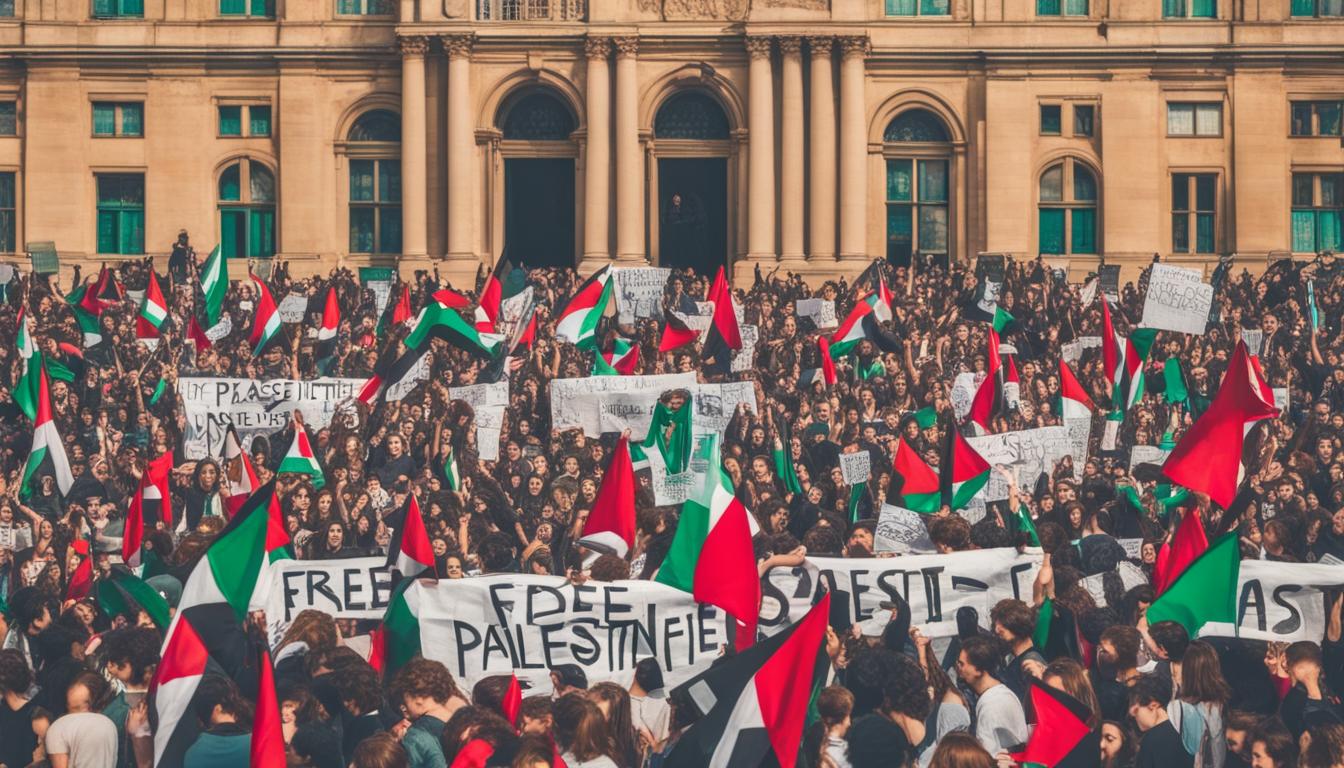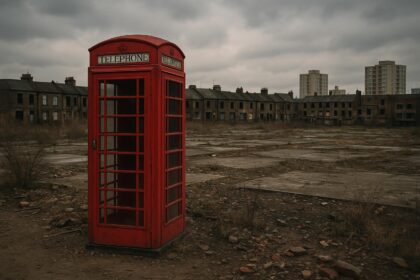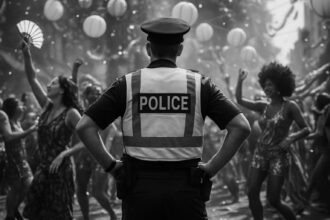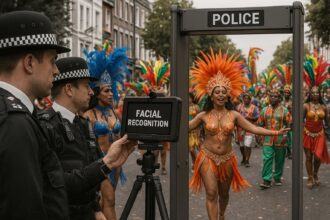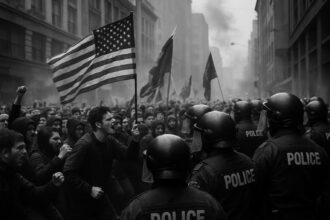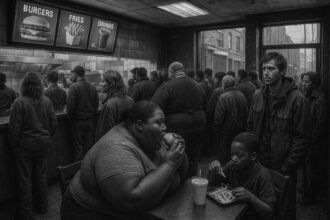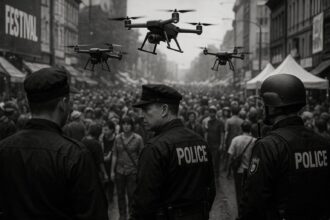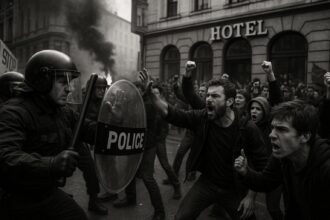As anti-war demonstrations reminiscent of the Vietnam era emerge across U.S. universities, President Joe Biden grapples with escalating criticism over his foreign policy decisions, particularly his support for Israel, threatening his re-election prospects with key voter groups.
Amid rising anti-war protests across U.S. university campuses, President Joe Biden faces mounting criticisms for his stance on international conflicts, particularly his support for Israel’s military actions. These protests, which draw parallels to the Vietnam War demonstrations of the 1960s, are occurring as the 2024 presidential election approaches, posing a potential threat to Biden’s re-election bid, especially given the disenchantment among young voters and certain Democratic factions.
The protests gained significant attention following a violent incident at the University of California, Los Angeles (UCLA), where pro-Israeli protesters clashed with others protesting the Gaza war. This event led to mass arrests and increased tensions. Such incidents have underscored the divisions within the Democratic Party and have provided fodder for Republican criticisms, including allegations from Donald Trump of antisemitism and claims of disorder under Biden’s leadership.
As the Democratic National Convention is scheduled to take place in Chicago, the ongoing campus protests and related political tensions continue to evolve. With historical references to the Democrats’ loss in 1968 during similar societal unrest, there is growing concern about the potential impact on the upcoming electoral outcome.
Moreover, at the University of Southern California (USC), police surrounded a pro-Palestinian encampment, indicating tensions ahead of the university’s commencement events. The encampment at USC, along with various forms of protest, such as chants and signs expressing “Free Palestine,” has sparked widespread attention amid a broader, nationwide student movement. This movement criticizes universities’ associations with entities linked to the Israel-Hamas conflict and advocates for policy reforms supporting Palestinians.
The unfolding protests at universities such as UCLA, the University of Virginia, and others, including hunger strikes and sit-ins, highlight the increasing involvement of students in political activism. These incidents not only reflect the complex political landscape in the U.S. but also the pivotal role of youth voters in shaping future political directions. As the situation develops, the impact on academic institutions, electoral politics, and broader societal policies continues to be closely watched.


